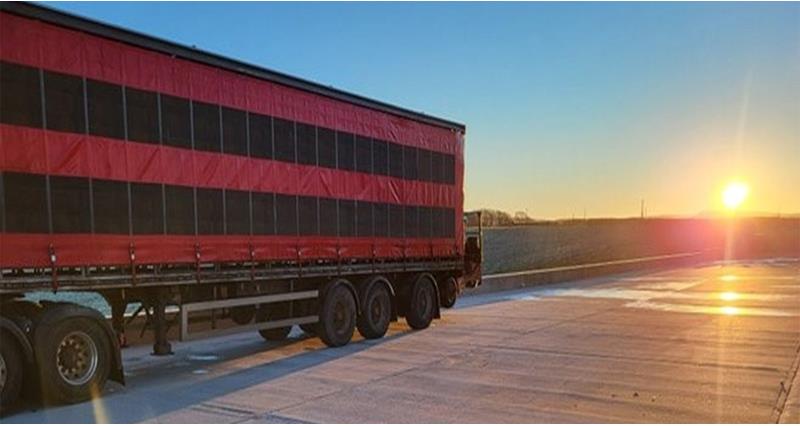Defra have not indicated a timescale for the implementation of any new policy on welfare in transport, but we will keep members informed when we receive further information.
In response to Defra’s policy proposals, the NFU has drawn together a welfare in transport action plan, intended to provide impact assessments and solutions-based approaches to each area of the policy statement.
The action plan report will be used to provide industry-led solutions and shape future policy application in this area.
The NFU poultry board has formed a working group of members to bring together those with expertise in transporting poultry to the project. The group has met several times throughout the course of this work to help shape the NFU’s lobbying and has provided evidence from different parts of the supply chain to support this.
James Mottershead, NFU poultry board chair said: “It is vitally important that we ensure any new measures are workable for the industry and will be of benefit to bird welfare. This is why we have formed a working group of NFU members who are feeding in detailed knowledge of the sector.
“This work will help provide evidence to government that is representative of current industry practice and demonstrates the high welfare standards already in place.”
What are Defra's proposals?
Defra are proposing a maximum journey time limit of four hours for transporting broilers to slaughter and a 12 hour journey time limit for all other poultry species.
The proposals also state that day-old chicks can currently still be transported for up to 24 hours, with Defra looking at additional measures for journeys lasting longer than 24 hours. These journey time limits exclude loading and unloading times.
Defra are also proposing a ban on transporting poultry further than 65km (40 miles) when the outside temperature is lower than 5°C or higher than 25°C, unless the birds are transported in thermoregulated vehicles.
Next steps
Defra have committed to further workshops with industry and wider stakeholders to help inform their suggested policy changes on thermal conditions before any specific changes to legislation are proposed.
The NFU is using the data from the datalogger project along with case studies and evidence submitted by its poultry members to demonstrate how existing vehicle designs can be used to manage internal temperatures and animal welfare.
Where opportunities for further development or innovation can be identified, they should be both practical for the industry to adopt and deliver tangible welfare benefits.
